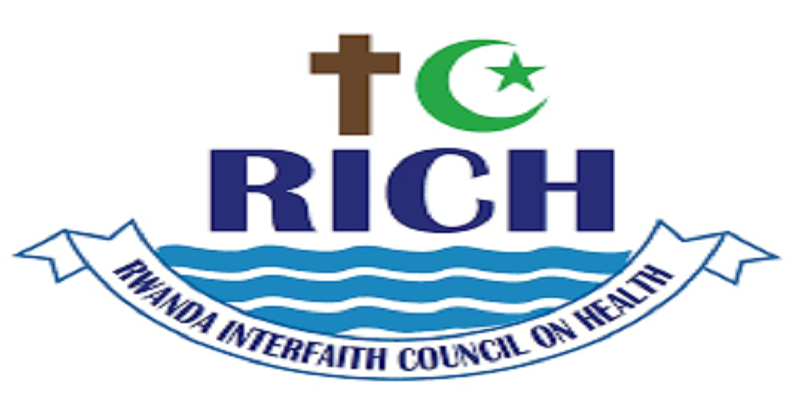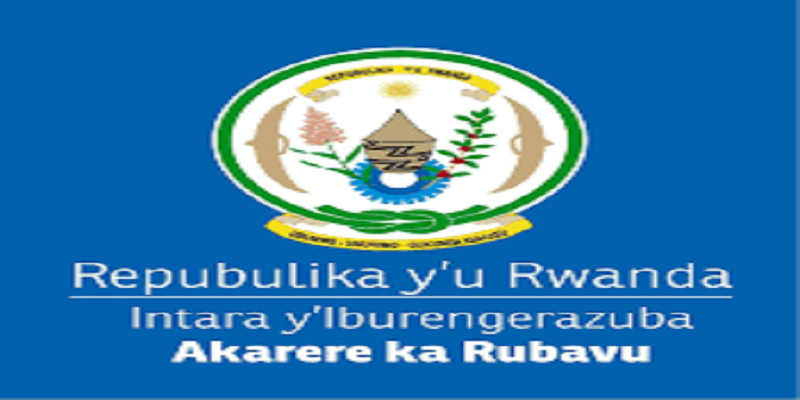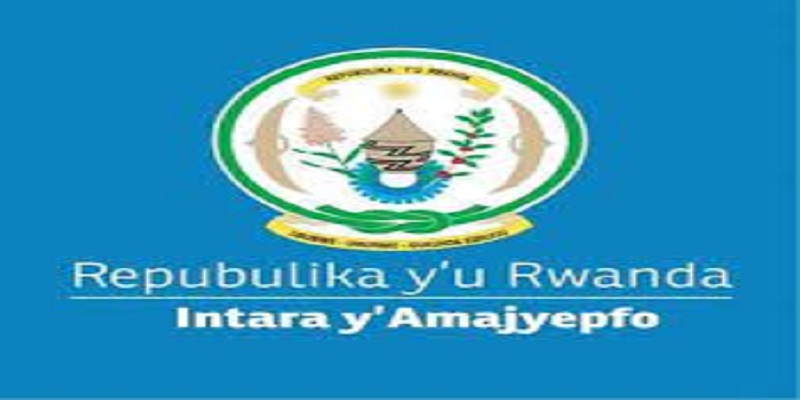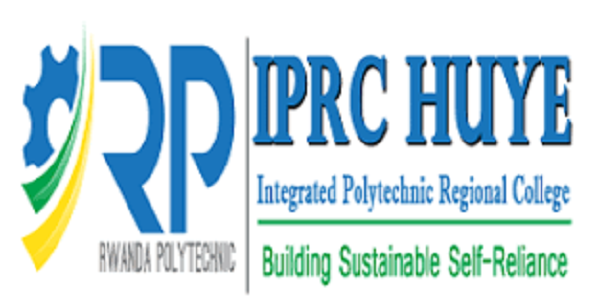Social & Behaviours Change Officer at The Rwanda Interfaith Council on Health (RICH): (Deadline 13 December 2024)
TERMS OF REFERENCE (TOR) FOR THE RECRUITMENT OF SOCIAL & BEHAVIOURS CHANGE OFFICER
|
Organization: Rwanda Interfaith Council on Health (RICH) |
|
Project Title: Rwanda Interfaith action to promote routine Immunization: “Transforming lives through Faith led social mobilization and community engagement interventions SUGIRA MWANA. |
|
Subject: Vacancy Announcement and Job Description |
|
Duration: 12 Months |
|
I. Post Information |
|
|
Job Title: Social & Behaviours Change Officer |
Post Location: Kigali/RICH Secretariat HQ |
|
II. Organizational Context and Purpose for the job |
|
The Rwanda Interfaith Council on Health (RICH) was established in 2003 as the “Rwanda Network of Religious Organizations against HIV/AIDS (RCLS)” to coordinate faith-based organizations’ interventions in the response to HIV/AIDS in Rwanda. Over time, RICH has expanded its scope to address other health issues, including family planning, maternal and infant health, malaria, tuberculosis, nutrition, hygiene, and non-communicable diseases. RICH’s vision is a healthy nation in which religious-based organizations are united for health and peace. Its mission is to promote the participation of religious-based organizations in promoting health through coordination, partnership, advocacy, and capacity building. Through various program implemented to promote health, RICH employs a mix of approaches including community engagement, strategic communication, applied behavioural science, service delivery improvement, systems strengthening, social mobilization and policy advocacy. Among key programme strategies used to achieve this, is the Social and Behaviour Change(SBC) which is a cross-cutting strategy that enables programs to analyse and address the cognitive, social and structural determinants of individual practices and societal changes in both development and humanitarian contexts SBC uses the latest in social and behavioural sciences to understand people, their beliefs, their values, the socio-cultural norms and the economic and institutional contexts that shape their lives, with the aim of engaging them and increasing their influence in the design of solutions for change. SBC brings social and behavioural evidence generation together with participation in community-led and human-centred processes. RICH and its partners have set SBC as cornerstone to attain corporate results across sectors revolving around behaviours like immunization, Early Childhood Development, nutrition, Sexual Reproductive Health, Mental Health, prevention and treatment of communicable and non-communicable diseases, Gender Based Violence as well as transformations across sectors needed to make societies more inclusive, equitable and peaceful. Purpose for the job: Under the direct supervision of the Program Manager and general guidance of the Executive Secretary, Monitoring Evaluation and Learning Section, the Social & Behaviour Officer contributes to/responsible for the design, management, monitoring and evaluation of evidence-based, inclusive and innovative SBC strategies in support of his/her geographic area of responsibility. |
|
III. Key functions, accountabilities and related duties/tasks |
|
Summary of key functions/accountabilities:
1. Generate and utilize research, data, and evidence to inform the design, measurement, and monitoring of SBC programs and outcomes in both development and emergency contexts and to build the evidence base for SBC.
2. Design, plan and implement SBC activities that are backed by social and behavioural evidence and strong engagement and participation mechanisms in both development and humanitarian contexts.
3. Support operationalization of SBC by advocating for SBC, mobilizing resources, coordinating across stakeholders, sectors and teams, and building alliances and partnerships.
4. Promote continuous learning, strengthening and scaling up in SBC for both development and humanitarian contexts through capacity building for RICH staff, RICH members/partners and implementers.
|
|
IV. Impact of Results |
|
Efficient and effective technical, administrative and operational support provided to the development and implementation of SBC initiatives and products that support RICH’s ability to promote SBC results. This in turn contributes to enhancing the ability of RICH to fulfil its contribution to health promotion through sustainable religious community owned results. |
|
V. RICH values and competency Required |
|
i) Core Values
iii) Core Competencies
|
|
VI. Recruitment Qualifications |
|
|
Education: |
A university degree (Bachelor’s or higher) in a social and behavioural science, including sociology, anthropology, communication studies/communication for development, psychology and/or related field is required. |
|
Experience: |
A minimum of three years of professional experience in one or more of the following areas is required: social development programme planning, communication for development or social and behaviour change, public advocacy or another related area. Relevant experience in working with faith-based organizations is considered an asset. |
|
Language Requirements: |
Fluency in English and Kinyarwanda is required. |
HOW TO APPLY
The candidate who meets the qualifications should submit the following documents:
- A Curriculum Vitae (max 3 pages) indicating all relevant experiences and assignments;
- Supporting documents such as notified Diplomas and Work certificates;
- 2 references that can be contacted.
Interested candidates should submit their applications to the email: richrwanda@gmail.com.
The deadline for receiving applications is December 13th 2024.
Applications not including all the above information or sent after the deadline will not be reviewed. Only shortlisted applicants will be contacted.
Done in Kigali on 04/12/2024.




